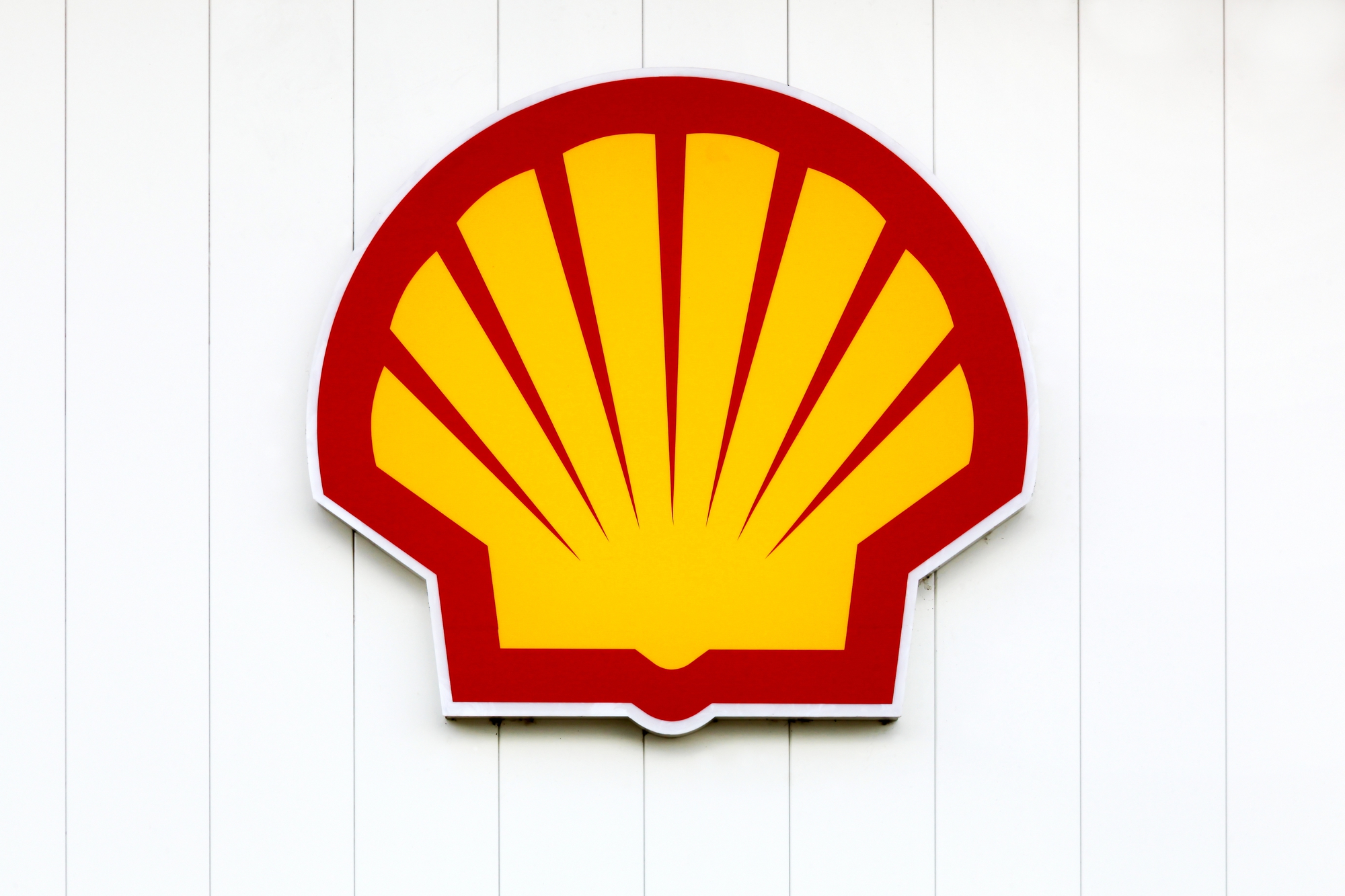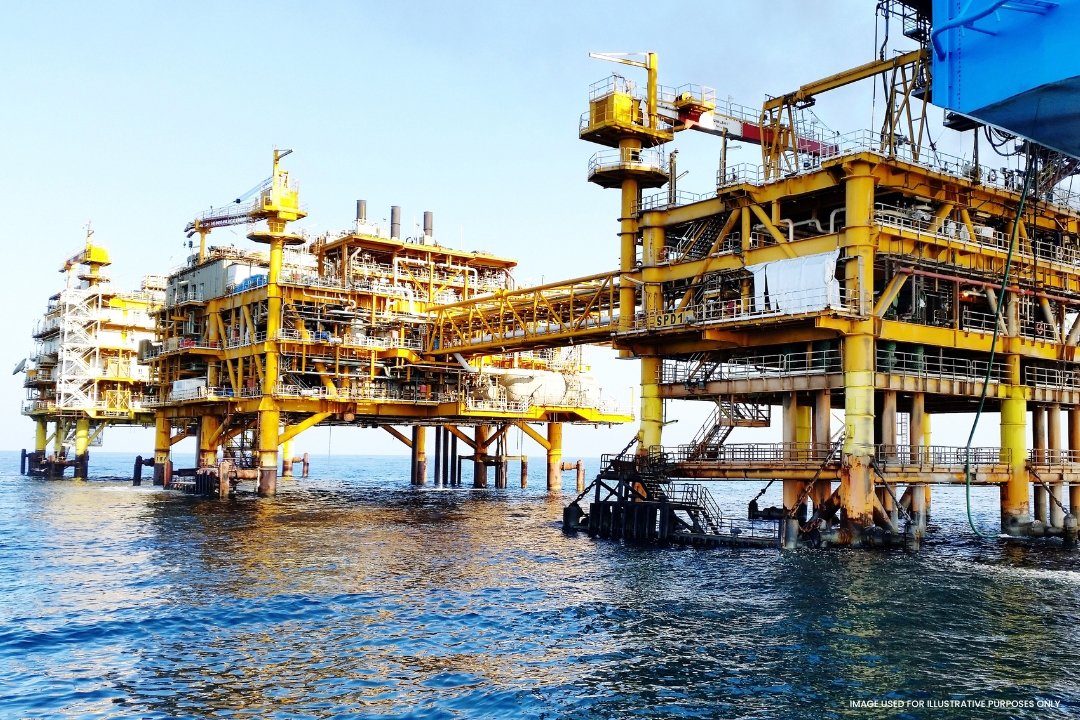Shell reported a significant decline in its net profit for 2023, with figures dropping to $19.4 billion from the record peak of $42.3 billion in the previous year, following the Ukraine conflict. Lower energy prices contributed to a 54 percent slump in post-tax profit, marking a stark contrast to the soaring earnings witnessed in 2022 due to heightened oil and gas prices after Russia’s invasion of Ukraine.
The energy giant attributed the decline in income to lower realized oil and gas prices, reduced volumes, and diminished refining margins. Additionally, Shell faced challenges from impairment and other accounting charges amounting to $7.5 billion, further impacting its financial performance.
Despite the profit decrease, Shell remains committed to returning $3.5 billion to shareholders and has increased its fourth-quarter dividend. CEO Wael Sawan emphasized the company’s progress in simplifying its operations and focusing on delivering value with fewer emissions as it moves forward into 2024.
“Shell delivered another quarter of strong performance, concluding a year in which we made good progress,” said its chief executive Wael Sawan.
“As we enter 2024 we are continuing to simplify our organization with a focus on delivering more value with less emissions.”
While the energy sector enjoyed significant profits in 2022 amid heightened oil prices and strong demand during the post-pandemic recovery, Shell’s performance in 2023 reflects the volatility of energy markets and the challenges posed by geopolitical tensions, including the Israel-Hamas conflict.
In the fourth quarter of 2023, Shell’s net profit plummeted by 93 percent to $474 million, primarily due to impairments related to chemical assets in Singapore. Adjusted net profit, excluding exceptional items, declined by nearly a third to $28.3 billion for the year, although it surpassed market expectations.
Despite its financial results, Shell has faced criticism from environmental groups for its continued reliance on fossil fuels. Greenpeace activists staged a protest outside Shell’s London headquarters, denouncing the company’s profits from climate-damaging activities. The environmental lobby contends that while Shell reaps massive profits, communities bear the brunt of climate disasters exacerbated by fossil fuel extraction and consumption.
“Shell is posting yet more obscene profits from climate-wrecking fossil fuels,” said Greenpeace campaigner Maja Darlington.
“While customers struggle with the cost-of-living crisis, Shell shovels over billions to shareholders and drills for yet more oil and gas, climate disasters are multiplying and hitting hardest those who have done the least to cause the crisis.”
As Shell seeks to reinvent itself under new leadership and pursue net zero carbon emissions by 2050, it faces mounting pressure to accelerate its transition away from fossil fuels and embrace renewable energy alternatives. The company’s financial performance underscores the challenges and opportunities inherent in the transition to a sustainable energy future.










